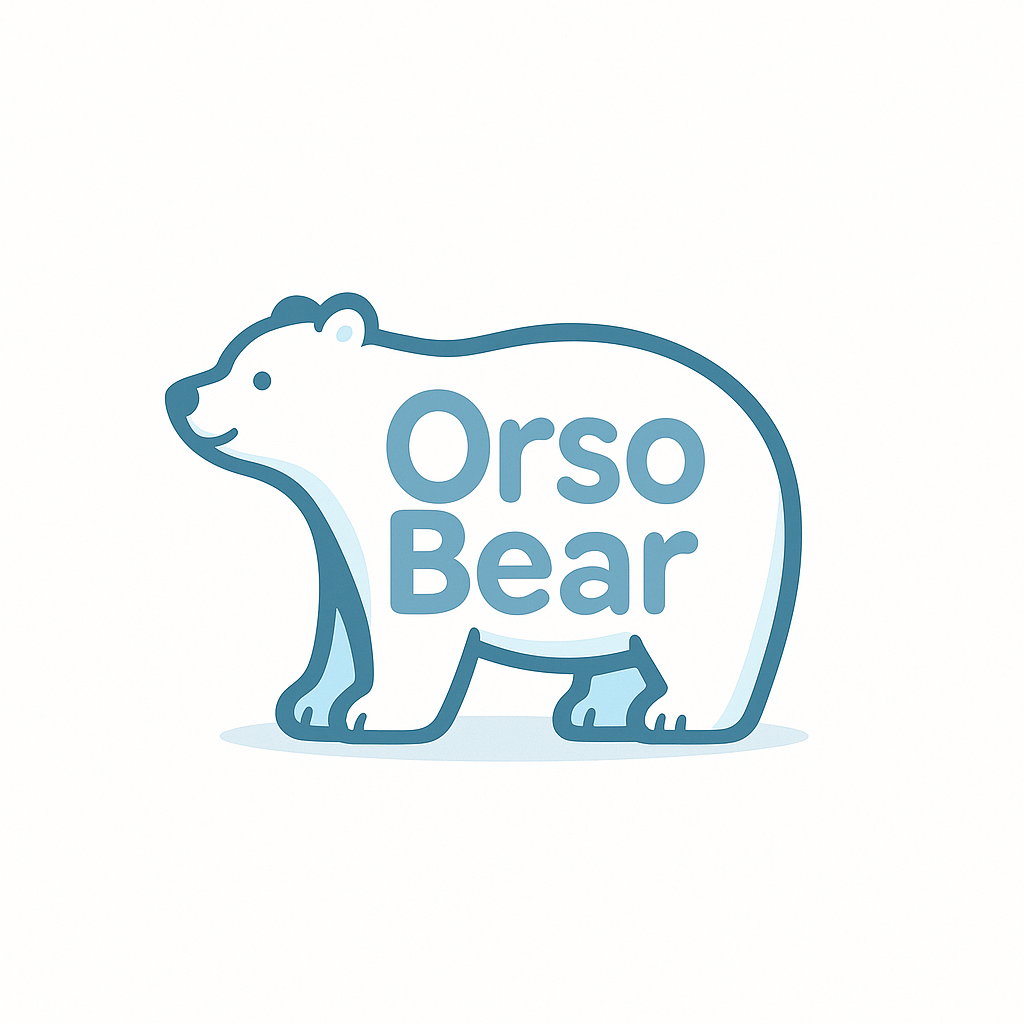An Engaging Introduction to the Future of Natural Language Processing
As the world increasingly embraces Artificial Intelligence (AI), natural language processing (NLP) is rapidly advancing, promising to revolutionize the way we interact with machines. Imagine a world where machines understand, interpret, and respond to human language in the way we do. This is not a far-fetched idea anymore. Thanks to the strides in NLP, we are on the verge of achieving this reality.
For small business owners looking to stay competitive in today’s AI-driven world, understanding the potential of NLP is crucial. In this blog post, we’ll delve into what the future holds for NLP, its practical applications, and how it could transform businesses.
What is Natural Language Processing?
Natural Language Processing, an AI subfield, aims to enable machines to understand, interpret, and generate human language. It’s the technology behind voice assistants like Siri and Alexa, language translation apps, and chatbots. NLP is a complex field as it requires not just an understanding of the language’s syntax but also its context, nuance, and cultural aspects.
While NLP technology has made significant progress, it’s still in its infancy. The current NLP systems are not perfect and often struggle with understanding complex language nuances and contexts. However, as AI and machine learning continue to evolve, we can expect NLP to become more sophisticated and accurate.
Current Applications of NLP
Today, NLP is already being utilized in various industries, providing valuable solutions to numerous challenges. For instance, in the healthcare industry, NLP is used to analyze electronic health records, providing insights that enhance patient care. In customer service, chatbots and voice assistants powered by NLP help handle customer queries promptly and efficiently.
Moreover, NLP is used in sentiment analysis, helping businesses to understand customer opinions and feedback on social media and other online platforms. By analyzing text data, businesses can gain insights into customer preferences, improving their products and services accordingly.
Emerging Trends in NLP
As technology advances, NLP is expected to become more robust and versatile. Here are some of the exciting trends to watch out for:
Improved Machine Translation
Machine translation has significantly improved over the years, but it still has limitations, especially when handling complex sentences and idioms. However, with the ongoing advancements in NLP, we can expect more accurate machine translations in the future.
Advanced Voice Assistants
Voice assistants like Siri and Alexa have become a part of our lives. However, these devices often misunderstand or misinterpret commands due to accents and language nuances. With the advancements in NLP, the future voice assistants are expected to understand and respond accurately to a broader range of voice commands and languages.
Emotion AI
One of the most exciting trends in NLP is Emotion AI, which aims to enable machines to understand and respond to human emotions. This could revolutionize industries like customer service, where understanding customer emotions is crucial for providing excellent service.
Implications for Small Businesses
The advancements in NLP have significant implications for small businesses. With improved NLP systems, businesses can automate more tasks, such as customer service, marketing, and data analysis, saving time and resources.
Moreover, enhanced NLP systems can provide more accurate insights into customer behavior and preferences, enabling businesses to provide personalized products and services. This can help small businesses to stay competitive in the ever-evolving market.
Conclusion: The Future of NLP is Here
In conclusion, the future of natural language processing is promising. As NLP becomes more sophisticated, it will revolutionize the way we interact with machines, making them more intuitive and human-like. For small businesses, this means more opportunities to streamline operations, improve customer service, and gain valuable insights.
While the challenges in NLP are significant, the potential benefits are immense. As such, small business owners should keep an eye on this exciting field and consider how they can leverage NLP to enhance their business operations and customer interactions.




